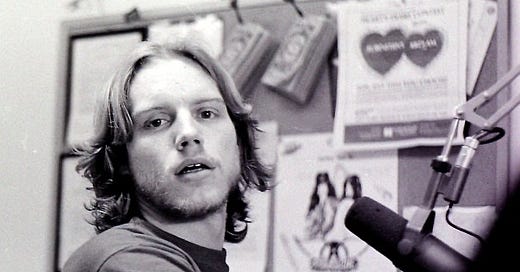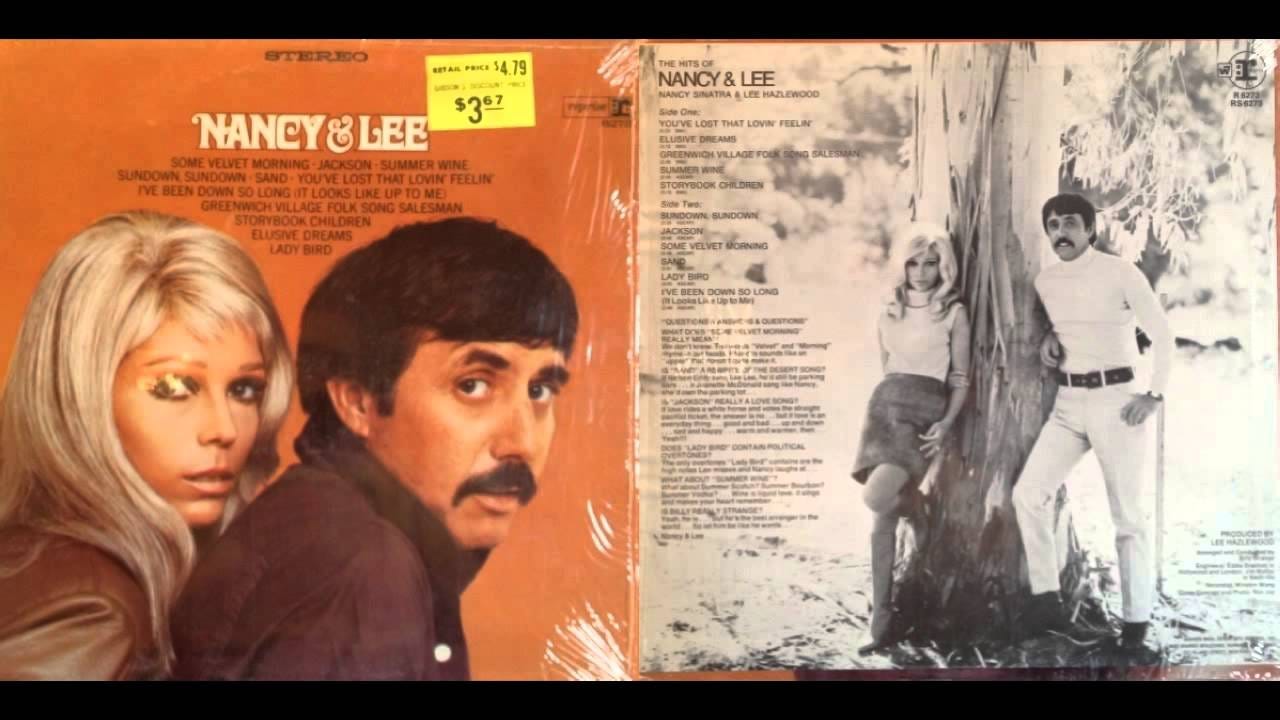Wimpy Hits and Timeless Gems: A Journey Through Guilty Pleasures
Uncovering the charm of 'uncool' songs that resonate across generations.
For decades, my musical tastes have varied. My main love is rock and roll from the ‘60s and '70s, along with rock from pretty much any other era. I also love reggae, occasionally listen to jazz, and have even been known to listen to classical music and classic country. And no matter where it comes from, international music is an excellent genre to explore, and I do on occasion. I even admit to liking rap and turn on Eminem, Tupac, or NWA occasionally.
I grew up listening to AM radio, and in my world, it wasn’t cool to like anything but rock, or at least music that at least felt like it was aspiring to be rock. We’d sit there late at night with the local station and would love it when we heard David Bowie, T. Rex, Badfinger, Santana, and so on. When I got into radio as a career at 19, I got to play tons of those great songs I grew up with on the air.
It was called Top 40 Radio, and it was a gas. Along the way, I got exposed to a lot of music, and as music director for several years at a few small-town radio stations, I picked the music we played on the air. It was a mix of brand new releases, “recurrents,” which were songs that had been hits over the past six months to a year that were still popular and in demand, and of course, a smattering of oldies. I was also luck enough to be able to program album cuts which would occasionally air during the day, but would go into a bit more heavier rotation at night.
What a fun gig!
Wimpy Songs That Lacked A Decent Beat or Power
Along the way, I heard songs I dissed, at least in front of coworkers and friends. “You kidding? What a wimpy song!” I’d say about certain songs that just didn’t fit my tastes. We’d make fun of novelty records, dismiss stuff that wasn’t rock and roll. It was our way of portioning the types of music that was cool, and music that was just filler. Not good.
But along the way, a funny thing happened. I found I liked a lot of those songs that I had earlier dissed. I found something in them that was worthy, that resonated with me, for whatever reason, or I heard the story behind a song that gave it a meaning that I had earlier been unaware of.
From AuraHealth:
In its simplest form, a guilty pleasure refers to something that brings us immense enjoyment, but at the same time, we feel a sense of guilt or shame for liking it. It's almost as if we have a secret love affair with these pleasures, hiding them away from the prying eyes of judgment.
The term "guilty pleasure" is believed to have originated in the late 20th century, and it gained popularity as people began openly discussing their preferences for things that were considered less sophisticated or socially acceptable. It provided a way for individuals to embrace their unconventional tastes while acknowledging the societal pressure to conform to more refined or culturally accepted forms of entertainment.
So I put together a little playlist of guilty pleasures, songs that I like for whatever reason, even though I feel a bit guilty about it. Okay, not really. That was a long time ago.
Songs That Evoke an Emotion
Many of these songs evoke melancholy, nostalgia, or a sense of being in a place or a time that doesn’t really exist but that you would love to return to, for whatever reason. Barry Manilow’s “Trying to Get the Feeling Again,” for instance, is a heartbreaking meditation of a great love gone cold, as is Barbra Streisand’s “The Way We Were.” Lesley Gore’s “You Don’t Own Me” is an early feminist anthem that, in my view, never got enough attention, even though it made a bold statement at the time.
Nancy Sinatra and Lee Hazelwood’s “Some Velvet Morning” is just an incredible song that was a hit. Its production and sense of an ethereal time and place still pulls at my heart. Bread’s “Guitar Man” is one of those great story songs that also has an element of sadness as the guitar man of the title has nothing else to do but play guitar, even if there’s little to no audience.
Michael Murphey’s “Wildfire” was near the top of the charts in April 1975, the day I started my first radio gig. It’s another sad story song that touched listeners’ hearts. I played the hell out of that song during its heyday.
Terry Jacks’s “Seasons in the Sun” had a supercool opening guitar riff, but generally, the song was more bubblegum than rock. Still, it had its moments.
Due to its length and its slow pace, it took me years to glom on to how good Roberta Flack’s “Killing Me Softly With His Song” was. Inspired by a Don McLean concert, it tells the story of a member of the audience who feels as if the singer is telling her story in a much too personal way.
The song “Rum and Coca-Cola,” a hit by the Andrews Sisters in 1945, has a bit of a twisty history. It was a folk song with a melody by a Venezuelan Calypso composer based on a folk song from Martinique. Read about the song, it’s quite a riot. Copyright lawsuits were flying right and left, it seemed.
As for the hit version, the Andrews Sisters said they showed up for the session, according to Patty, one of the sisters: "We had a recording date, and the song was brought to us the night before the recording date. We hardly really knew it, and when we went in we had some extra time and we just threw it in, and that was the miracle of it. It was actually a faked arrangement. There was no written background, so we just kind of faked it." In the ten minutes it took to get the song down on tape, they created a song that sold seven million copies and spent seven weeks on the top of Billboard.
The Final Song on My List
I hope you enjoy this list. There are others you might like, such as Jimmy Dean’s “Big Bad John,” David Rose’s “The Stripper,” which our pep band played at basketball games (I was the drummer); Patsy Cline’s “I Fall to Pieces,” Ray Stevens’ “Ahab the Arab” (is that even politically correct now?), Skeeter Davis’s “The End of the World” about the end of a love.
I ended the list with an oddity: Kyu Sakamoto’s “Sukiyaki.” It became a number-one hit in a number of countries, including the US, and eventually sold over 13 million copies. The title “Sukiyaki” has nothing to do with the lyrics, and was slapped on as an afterthought by an ignorant US Record Executive.
As Wikipedia put it, “the song is best known under the alternative title "Sukiyaki", the name of a Japanese hot-pot dish with cooked beef. The word sukiyaki does not appear in the song's lyrics, nor does it have any connection to them; it was used only because it was short, catchy, recognizably Japanese, and more familiar to English speakers. A Newsweek columnist compared this re-titling to issuing "Moon River" in Japan under the title "Beef Stew."
From Wikipedia’s entry on the song:
"Ue o Muite Arukō" (pronounced [ɯe o mɯite aɾɯkoꜜː]) was written by lyricist Rokusuke Ei and composer Hachidai Nakamura. The lyrics tell the story of a man who looks up and whistles while he is walking so that his tears will not fall, with the verses describing his memories and feelings. Ei wrote the lyrics while walking home from participating in the 1960 Anpo protests against the U.S.–Japan Security Treaty, expressing his frustration and dejection at the failed efforts to stop the treaty. However, the lyrics were purposely generic so that they might refer to any lost love.
Sukiyaki, or "Ue o Muite Arukō," is a touching, soaring song that is fraught with emotion, and Kyu Sakamoto’s vocals sell it in every unrecognizable syllable. You don’t have to understand the lyrics to grok the feeling. Of course, it sold millions.
Kyu Sakamoto’s life had a tragic and abrupt ending, as he was on the ill-fated Japan Airlines Flight 103, which crashed, killing 520 of the 524 people on board, making it the single most deadly plane crash in history.
Check out the list and take a listen here:








